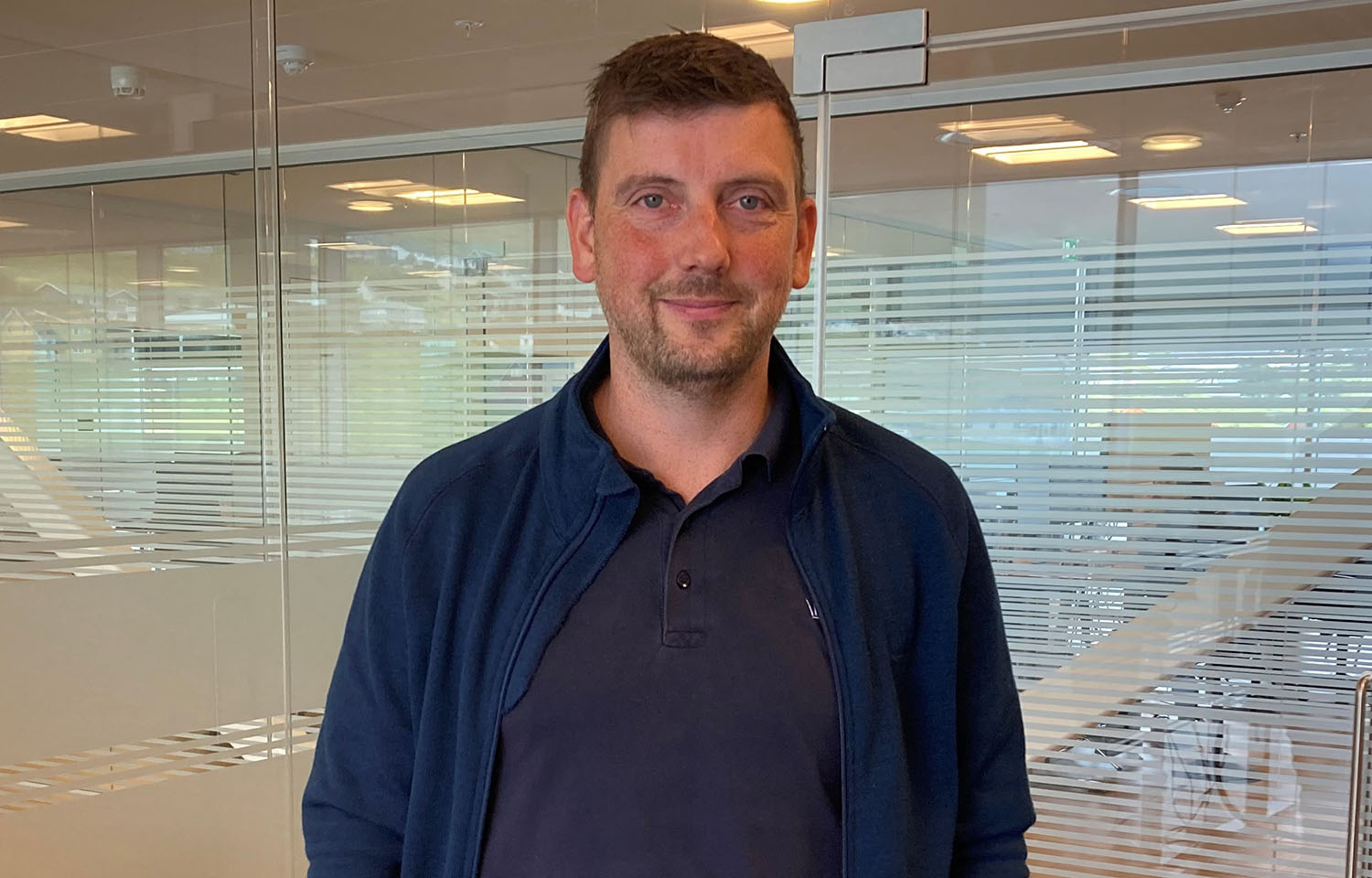Poul Andrias Jacobsen is the marketing manager for Glyvrar, Faroe Islands-based Bakkafrost, which produced 90,600 metric tons of farmed salmon in 2022 and had revenue of USD 1 billion (EUR 900 million) in the year, ranking it in the top 10 of farmed salmon producers in the world. It expanded into Scotland in 2019 after purchasing a majority stake in the Scottish Salmon Company.
Jacobsen sat down with SeafoodSource to discuss the Faroese origins and current day community-building, its value chain, and its goals for the near future.
SeafoodSource: Bakkafrost is one of the biggest salmon companies in the world yet from one of the smallest countries in the world. You are also publicly traded, but you're not making waves every day. Where do you see yourselves in the larger marketplace in the seafood industry? How do you want to be perceived as a company?
Jacobsen: We like to portray ourselves as a professional company that is producing superior-quality salmon. That's our main goal, and we have tried to do that for many markets. So, we are present in Asia, Europe, and in North America and are selling to about 50 different countries around the world. We do things in our own way. We have a value chain that is the longest vertically integrated value chain in the industry. That’s very important for us because that's the only way we can control the quality of the end product.
SeafoodSource: What is unique about Bakkafrost’s value chain?
Jacobsen: We produce our own fishmeal and fish oil, which we include in our special recipe of feed from mostly local fish – roughly 80 percent. The fish that we get is all locally caught around the Faroe Islands. However, we need some other ingredients as well, and we get that from abroad.
It’s very important for us that the feed has a high inclusion of marine ingredients because we think fish should eat fish. Additionally, our fish comes alive to the factory and swims directly into our factory to create as little stress for them as possible. When it comes to treatments – the industry is battling with sea lice – we try to do as good a job as possible with natural treatments. We use freshwater mainly, but we also have loop water treatments.
We do not use any antibiotics, and we haven't done that in the Faroes for 20 years, which we’ve found is especially important for U.S. customers. So, we try to do it in our own way and try to do as much in-house as possible so that we are not dependent on somebody else for maintaining the standards we rely on to sell our fish.
SeafoodSource: How closely does Bakkafrost affiliate itself with the Faroe Islands? What role do you feel the company plays within the country?
Jacobsen: We are the biggest ...
Photo by Cliff White/SeafoodSource








